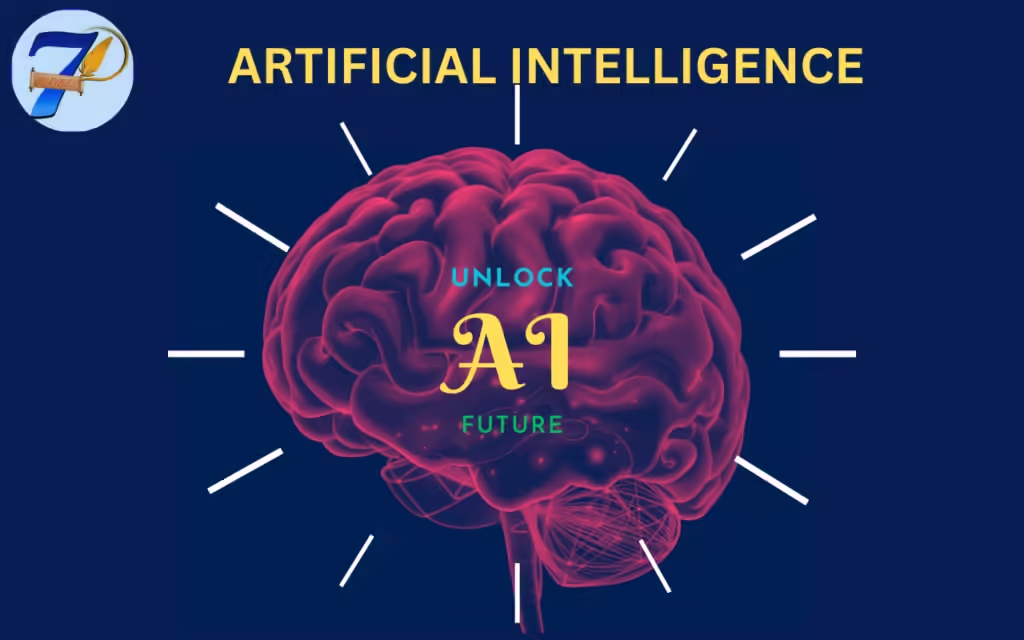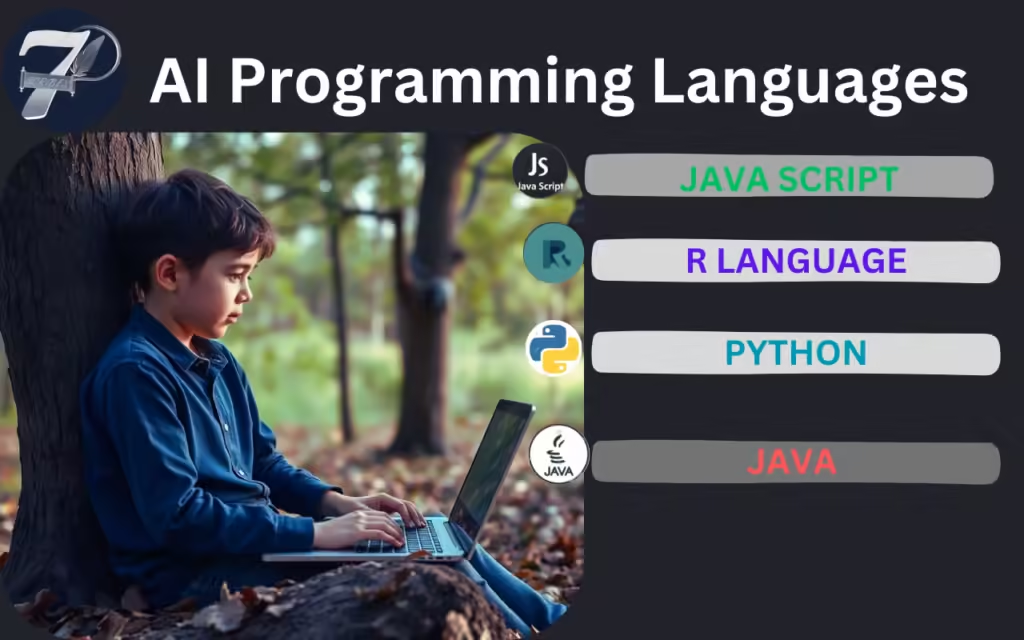Artificial intelligence (AI) is revolutionizing various sectors of life, encompassing healthcare, finance, education, and businesses, among others. This transformation is driven by the increasing capability of machines to acquire data, manipulate it, and make autonomous decisions. The progression of Artificial intelligence heavily relies on programming languages to develop diverse Artificial intelligence applications and the requisite tools and frameworks to construct intelligent systems. In the subsequent discourse, we will delve into several programming languages tailored for Artificial intelligence and elucidate how they can facilitate your initiation into this captivating domain.
Comprehending AI and Its Utilization
Artificial intelligence denotes the capacity of machines to execute tasks that conventionally necessitate human intelligence, such as interpreting language, identifying patterns, and making projections. Fundamental elements of Artificial intelligence encompass machine learning, where systems assimilate from data, and natural language processing, which enables computers to comprehend human language.AI is presently integrated into numerous real-world applications.
For instance, in healthcare, Artificial intelligence algorithms can scrutinize medical images to aid in diagnosing diseases. In the financial realm, Artificial intelligence detects fraud by anomalous transaction patterns. The selection of an appropriate programming language is critical for the effective implementation of these Artificial intelligence functions.

Premier Programming Languages for Artificial Intelligence
Python
Python stands as the preeminent programming language for Artificial intelligence, owing to its unparalleled popularity. Its simplicity and readability render it accessible even to novices. Python boasts a diverse array of libraries explicitly crafted for Artificial intelligence, such as TensorFlow and scikit-learn. For instance, TensorFlow can be harnessed to construct neural networks that classify images of animals.
Learning Resources: Websites like Codecademy and Coursera present complimentary Python courses tailored for AI applications.
R
R emerges as another commendable choice, particularly for data analysis and statistics. It enjoys widespread adoption in academia and various industries for statistical computations. Key packages in R, like caret and randomForest, facilitate the creation of predictive models. For instance, one can scrutinize customer data to prognosticate future purchasing behaviour.
Learning Resources: Platforms like DataCamp and edX furnish exceptional courses on R tailored for beginners.
Java
Java is renowned for its portability and robustness, rendering it apt for large-scale applications. Libraries such as Weka for data mining and Deeplearning4j for deep learning augment its utility. An example of Java’s application is the development of a recommendation system for an online retailer, recommending products based on user behaviour.
Learning Resources: User-friendly courses on Java are available on platforms like Udacity and Coursera.
JavaScript
Primarily acknowledged for web development, JavaScript is gaining traction in Artificial intelligence, particularly for crafting interactive web applications. Libraries like TensorFlow.js enable the execution of machine learning models directly within the browser. For instance, one could devise a web application that predicts a user’s likelihood of enjoying a movie based on their prior ratings.
Learning Resources: FreeCodeCamp provides an array of tutorials amalgamating JavaScript with Artificial intelligence concepts.

Other Noteworthy Languages
Julia is esteemed for its exceptional performance and is gaining popularity in numerical and scientific computing within Artificial intelligence. It proves ideal for tasks necessitating intensive mathematical computations, such as algorithm optimization.
Lisp, albeit less prevalent in contemporary times, holds historical significance in Artificial intelligence development, particularly in natural language processing.
Swift is progressively employed in Artificial intelligence, particularly in crafting applications for iOS devices. For instance, developers can fabricate intelligent personal assistants on Apple platforms utilizing Swift.
Selecting the Appropriate Language for You
When selecting a programming language for Artificial intelligence, contemplate factors like your project objectives, prior experience, and the availability of community support. For instance, for delving into data science, Python or R might prove the most advantageous. Do not shy away from experimenting with diverse languages to ascertain the one that resonates most with you.
Conclusion
Programming languages constitute indispensable tools for individuals intrigued by Artificial intelligence. Each language boasts unique strengths and applications. As a novice, you can explore Python, R, Java, and JavaScript to commence honing your Artificial intelligence skills. Remember, the journey into artificial intelligence is perpetual, and initiating with any language can pave the way to a profound comprehension and enhanced proficiency in this enthralling domain.
Read more about other articles click here
What is artificial intelligence?
Artificial intelligence refers to the capability of machines to perform tasks that typically require human intelligence, such as understanding language and making predictions.
Why is Python popular for Artificial intelligence development?
Python is favored for its simplicity, readability, and extensive libraries specifically designed for Artificial intelligence , making it accessible to both beginners and experienced developers.
What role does R play in Artificial intelligence ?
R is particularly useful for statistical analysis and data visualization, making it a strong choice for data-driven Artificial intelligence applications.
Can I use Java for Artificial intelligence applications?
Yes, Java is suitable for large-scale Artificial intelligence applications and offers libraries like Weka and Deeplearning4j for data mining and deep learning.
How can I start learning Artificial intelligence programming?
You can begin by exploring free online courses on platforms like Codecademy, Coursera, and DataCamp that focus on Python, R, and Java for Artificial intelligence .